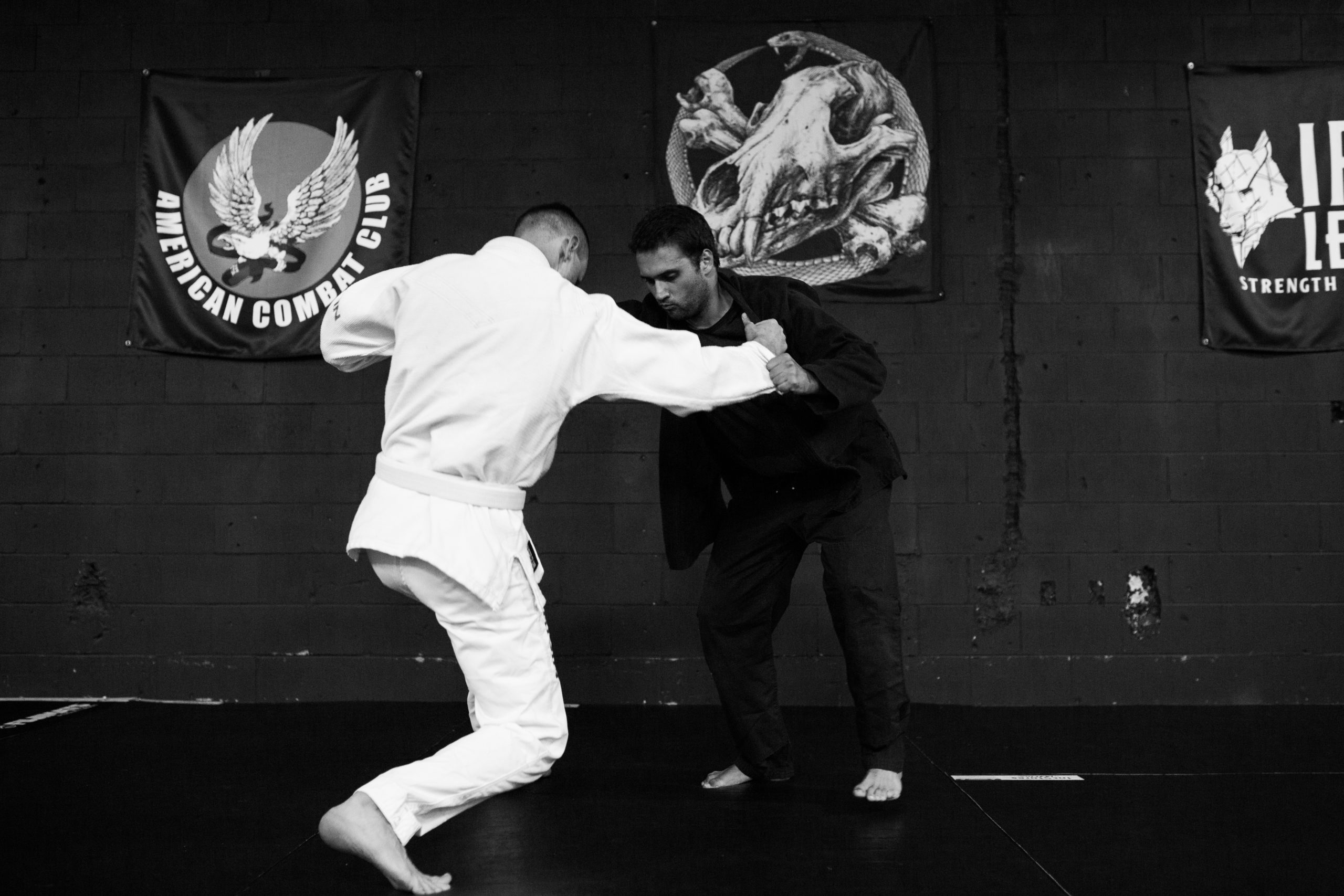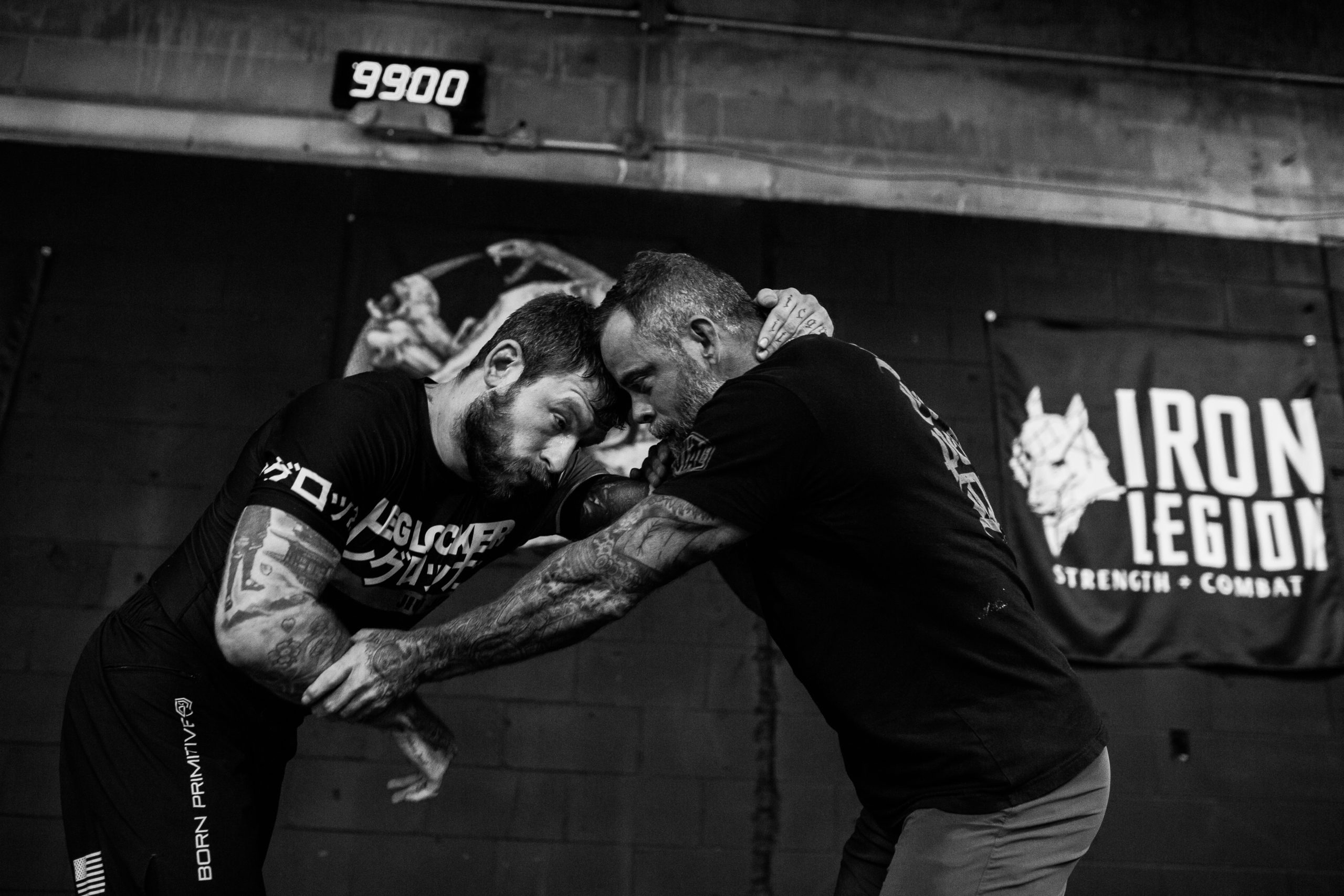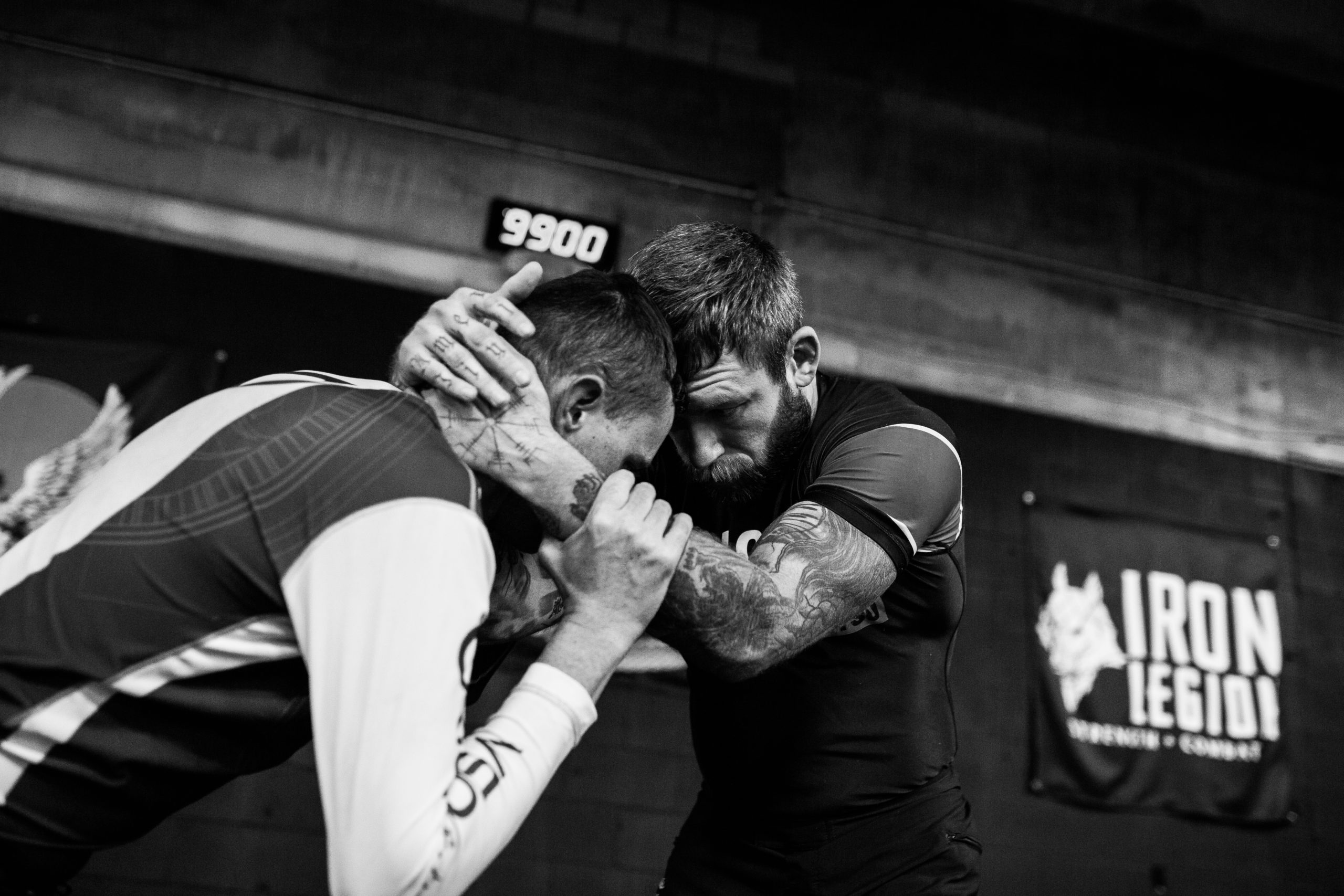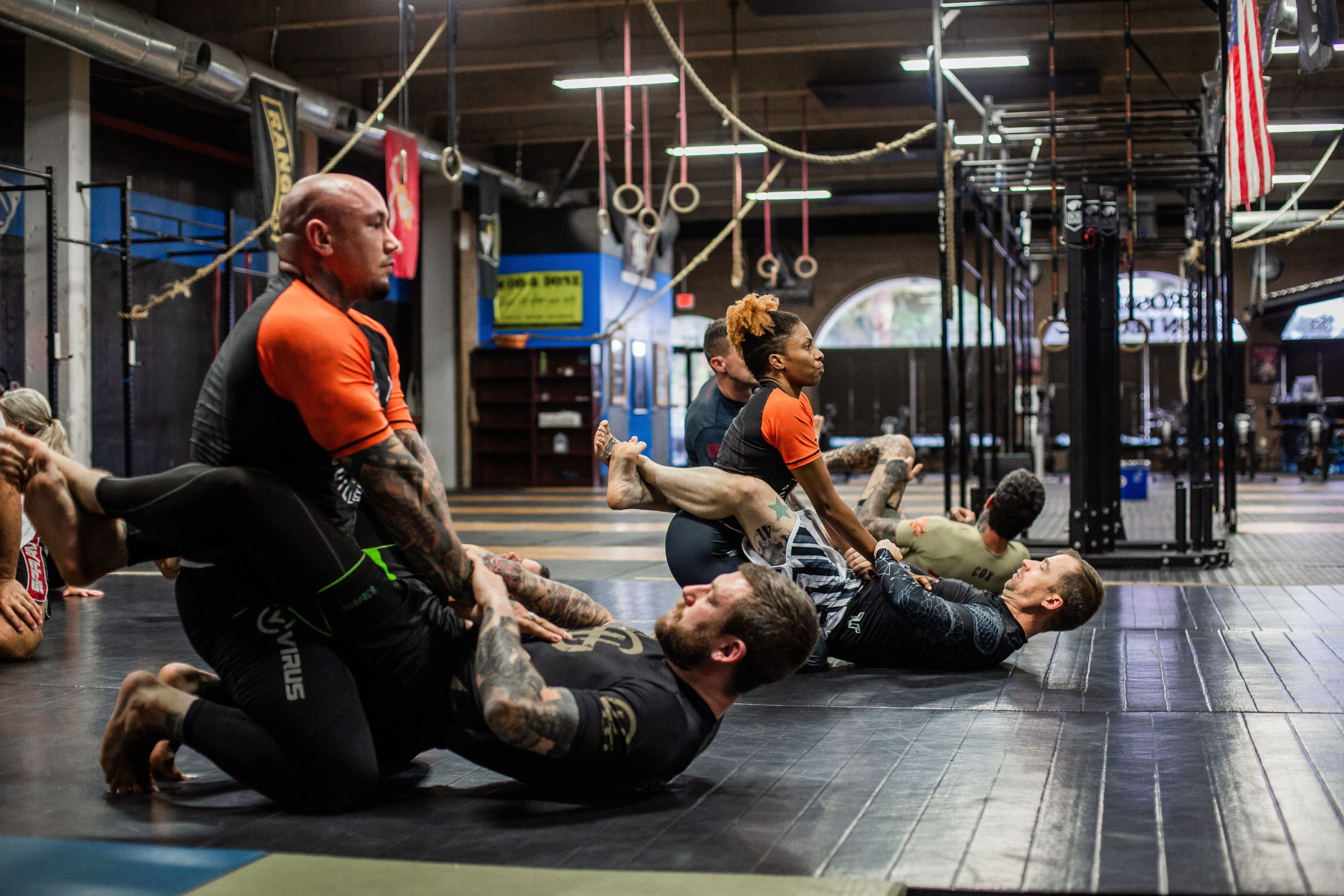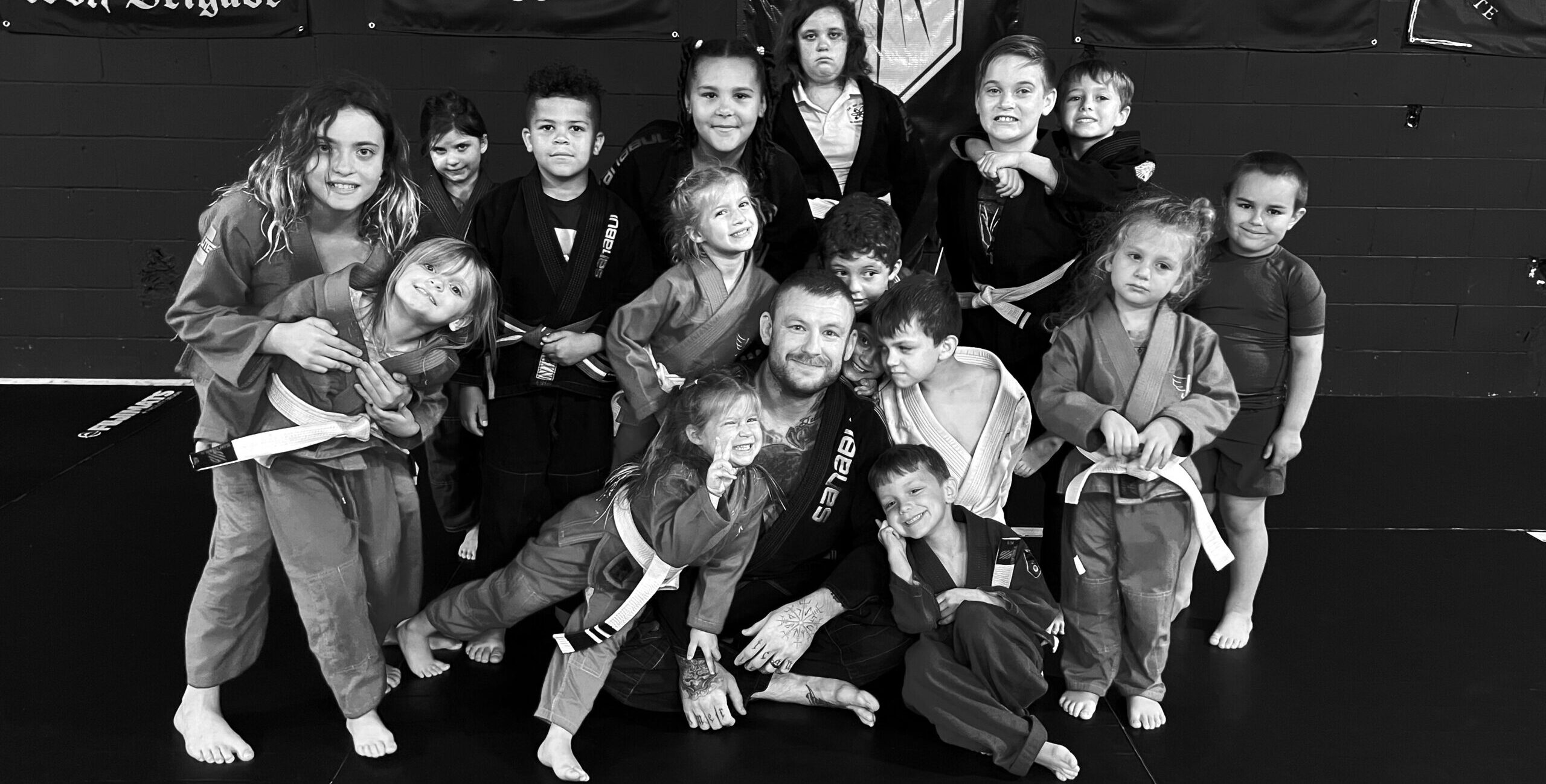Jiu Jitsu
Jiu Jitsu
- Posted On
- December 2, 2024
- In Jiu Jitsu, Strength, Testimonial
- by Iron Legion
At Iron Legion Strength and Combat, every member has a story of growth, transformation, and grit. Phillip’s experience is a powerful example of how expert coaching and a supportive gym community can lead to lasting results—physically and mentally. From his commitment to fitness to his reflections on what sets Iron Legion apart, Phillip’s words offer […]
- Posted On
- March 8, 2022
- In Jiu Jitsu
- by Iron Legion
Thinking about competing in Jiu Jitsu? Paul Winter challenges the popular “win or learn” mindset and pushes for a more driven, competitive approach. Drawing from Vince Lombardi and Eddie Bravo, he reminds us that stepping on the mat is about more than personal growth—it’s about representing your coach, your school, and your mindset. Don’t settle for just showing up. Learn—but fight to win.
- Posted On
- January 24, 2022
- In Jiu Jitsu
- by Iron Legion
At Iron Legion, strength is just the beginning. Our Jiu Jitsu program was born from a deeper mission—to equip our community not only with physical power but with real-world readiness. Whether you’re here to sharpen your mind, build confidence, or prepare for life’s unpredictable challenges, Jiu Jitsu offers more than self-defense—it’s a path to becoming a warrior, not a liability. This is where strength meets purpose.
- Posted On
- January 19, 2022
- In Jiu Jitsu
- by Iron Legion
At American Combat Club’s monthly Convocation, black belts and beginners alike gather to train, learn, and roll as one community. In this reflection, Paul Winter shares the experience of witnessing two warriors—including Iron Legion’s own Terry Bourgeois—earn their black belts, not through shortcuts or secrets, but through grit, discipline, and the simple decision to never quit.

